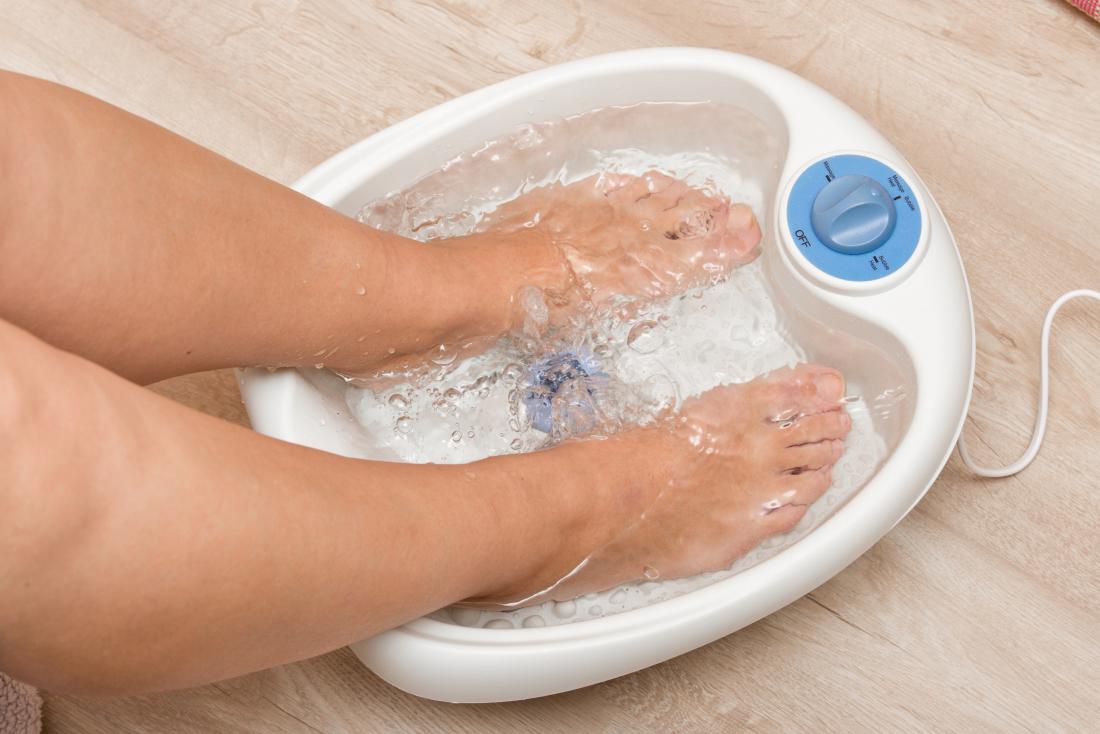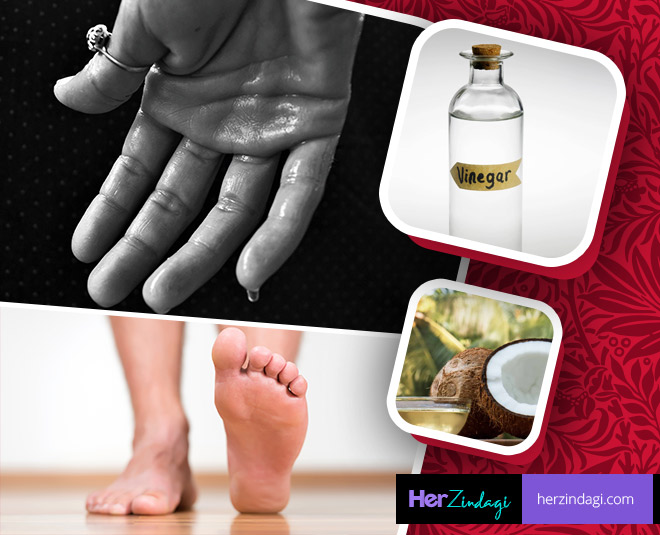Understanding the Origin Reasons of Excessive Sweating and Its Effect On Every Day Life
Too much sweating, additionally called hyperhidrosis, is a condition that impacts a substantial portion of the population, yet its hidden reasons and ramifications on everyday operating remain somewhat enigmatic. While it is commonly understood as a physiological reaction to control body temperature level, the triggers for too much sweating can differ commonly amongst individuals, including not only physical factors yet emotional and also psychological aspects. Additionally, the effect of this problem expands past plain discomfort, typically affecting social interactions and overall lifestyle. By diving right into the root triggers of hyperhidrosis and discovering its complex effects, a much deeper understanding of this pervasive concern can be acquired, shedding light on the intricacies that individuals coming to grips with extreme sweating navigate every day.
Physiology of Sweat Glands
The law of sweat production, a vital physical procedure, is largely regulated by the activity of sweat glands distributed throughout the human body. Sweat glands are classified into 2 major types: eccrine and apocrine glands. Eccrine glands are one of the most many and are found in nearly all areas of the body. They play an essential function in thermoregulation by producing a watery liquid onto the skin's surface area, which vaporizes and helps cool the body down. On the other hand, apocrine glands are concentrated in locations rich in hair roots, such as the underarms and groin, and their secretions are thicker and milklike in look.
When the body temperature level increases, either as a result of exercise, high temperatures, or psychological tension, the nerves activates the gland to generate sweat. This sweat is made up largely of water and electrolytes like salt and chloride. The procedure of sweat manufacturing is important for preserving the body's internal temperature within a narrow, optimum variety, highlighting the vital role sweat glands play in human physiology.
Triggers for Excessive Sweating
In recognizing the source of excessive sweating, it is essential to determine the triggers that can result in this physical reaction. Too much sweating, additionally referred to as hyperhidrosis, can be triggered by numerous elements, both environmental and physical. One usual trigger is emotional anxiety or anxiety, which can stimulate the body's sweat glands to produce more sweat than is necessary for cooling down. Physical effort, heats, and spicy foods are also understood to cause excessive sweating in people vulnerable to this problem. Specific medical conditions like diabetic issues, menopause, or hyperthyroidism can add to extreme sweating as well.
Moreover, drugs such as some antidepressants, opioids, and certain supplements can additionally act as triggers for hyperhidrosis. Recognizing these triggers is important in handling excessive sweating efficiently - Exessive Sweating. By identifying and dealing with the particular triggers that motivate too much sweating in a private, health care carriers can develop personalized treatment plans to ease this condition and enhance the individual's high quality of life
Medical Conditions Associated
Connected with extreme sweating are different medical conditions that can exacerbate this physiological response. One typical problem is hyperhidrosis, a disorder identified by unusually boosted sweating that surpasses the body's thermoregulatory demands. This can manifest in focal locations like the palms, soles, underarms, or face, impacting a person's quality of life due to social embarrassment and pain.
In addition, endocrine conditions such as hyperthyroidism, diabetes, and menopausal warm flashes can likewise lead to extreme sweating. Hyperthyroidism creates an overflow of thyroid hormonal agents, increasing metabolic process and causing sweating. Diabetes mellitus can generate sweating episodes, particularly during hypoglycemic episodes when blood sugar degrees go down as well reduced. Menopausal hot flashes, attributed to hormone changes during menopause, can cause sudden and intense sweating, often come with by flushing and heart palpitations.
Furthermore, infections like hiv, consumption, and endocarditis have been related to night sweats, an usual signs and symptom understood to disrupt rest and influence overall well-being. These medical problems highlight the varied range of underlying variables that can add to extreme sweating, requiring complete examination and management by medical care professionals.
Psychological and Emotional Elements

Effect On Social Interactions
Excessive sweating can have extensive results on a person's capability to involve conveniently in social communications. The noticeable indicators of sweat discolorations or damp spots on garments can bring about embarrassment and self-consciousness, creating people to withdraw from social circumstances. This withdrawal can influence connections, limitation social activities, and prevent professional and personal growth.

Furthermore, the stress and anxiety and self-confidence concerns originating from too much sweating can affect communication and interpersonal skills. Individuals may battle to concentrate on discussions, take part in group activities, or reveal themselves with confidence. This can cause feelings of seclusion and loneliness, as social connections come to be testing to click over here now keep.
Verdict

While it is typically comprehended as a physical response to control body temperature, the triggers for extreme sweating can differ widely amongst people, incorporating not just physical variables however emotional and also psychological elements. By delving into the root causes of hyperhidrosis and exploring its diverse results, a deeper understanding of this prevalent problem can be gained, losing light on the intricacies that people grappling with excessive sweating navigate on a day-to-day basis.
Physical effort, high temperature levels, and visit spicy foods are likewise understood to activate extreme sweating in people prone to this condition. By determining and resolving the specific triggers that prompt extreme sweating in a private, health care companies can develop tailored treatment plans to ease this condition and enhance the person's quality of life.
Extreme sweating can have profound effects on a person's ability to involve easily in social interactions.